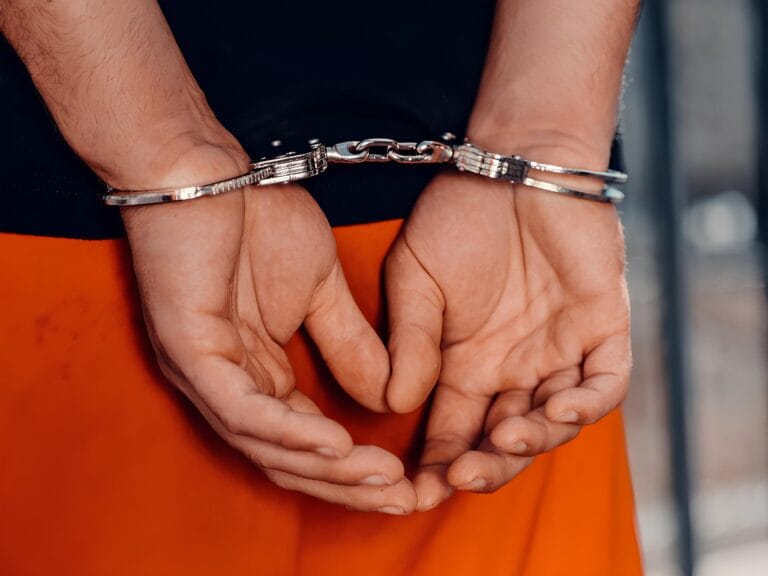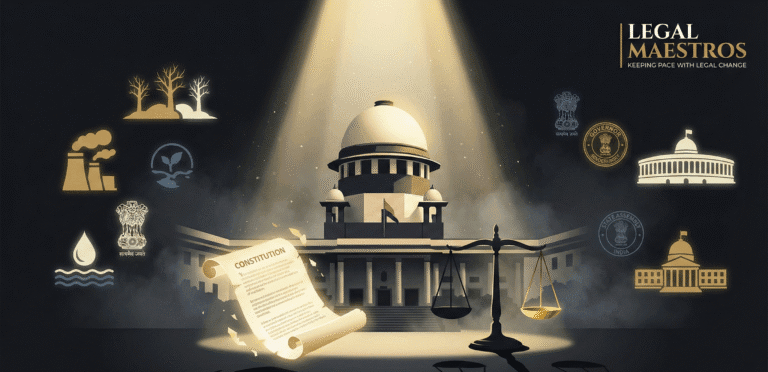
Admissibility of Co-Accused Statements in Indian Criminal Law
The Indian criminal law incorporates the admissibility of statements by co-accused persons into a complex issue involving justice, fairness, and rights of the accused. Understanding the legal framework governing statements by co-accused persons is very essential in understanding how evidence is analyzed within criminal trials.
**Legal Framework**
The Indian Evidence Act, 1872, forms the foundation that determines the admissibility of evidence in general, including statements by co-accused persons. Section 30 of the Act addresses this issue in particular, which says that such statements may be held to be evidence against any person making them and any other person jointly tried with him. This provision, however requires that the statement must be made in the course of the same transaction and must be corroborated with some other evidence. This implies that whereas the statement of a co-accused is admissible as evidence against that co-accused, the same cannot stand as the basis for convicting another co-accused. ([indiankanoon.org](https://indiankanoon.org/search/?formInput=statement+of+co+accused+against+other+accused&utm_source=chatgpt.com))
For any queries or to publish an article or post or advertisement on our platform, do call at +91 6377460764 or email us at contact@legalmaestros.com.
Judicial Interpretation
Indian courts have held repeatedly that statements of co-accused persons are to be treated with caution while considering them. It was held by the Madras High Court in the case of *R. Rajendran, S.V. Sivalinga Nadar And Others vs Income-Tax Officer* in 1998 that the statement of one co-accused cannot be acting as a sole basis of holding another co-accused guilty. Therefore, such statements must be corroborated otherwise. ([indiankanoon.org](https://indiankanoon.org/search/?formInput=statement+of+co+accused+against+other+accused&utm_source=chatgpt.com))
Similarly, in *Harpreet Singh Bahad vs Directorate of Revenue Intelligence* (2009), the court reiterated that a co-accused’s statement, even if admissible, cannot independently establish the guilt of another accused without additional evidence. This reinforces the principle that the prosecution must present a comprehensive case supported by multiple pieces of evidence.
Exceptions and Special Provisions
Section 30 of the Indian Evidence Act allows a co-accused’s statements to be considered admissible but has certain exceptions and special provisions. For example, under MCOCA (Maharashtra Control of Organised Crime Act), confessions made to the police officers become admissible provided that the officer is of the rank of superintendent or above, and the confession is recorded in the presence of a magistrate. This provision aims to address the challenges posed by organized crime and the need for effective law enforcement. ([en.wikipedia.org](https://en.wikipedia.org/wiki/Maharashtra_Control_of_Organised_Crime_Act?utm_source=chatgpt.com))
**Conclusion**
The admissibility of statements by co-accused under Indian criminal law is governed by a sensitive balance between the necessity to effectively prosecute and the rights of the individual. While they prove invaluable proof of the commission of the offense, they need cautionary handling, appropriately supported with corroborative evidence to see to it that justice is done by fair and equitable processes.







